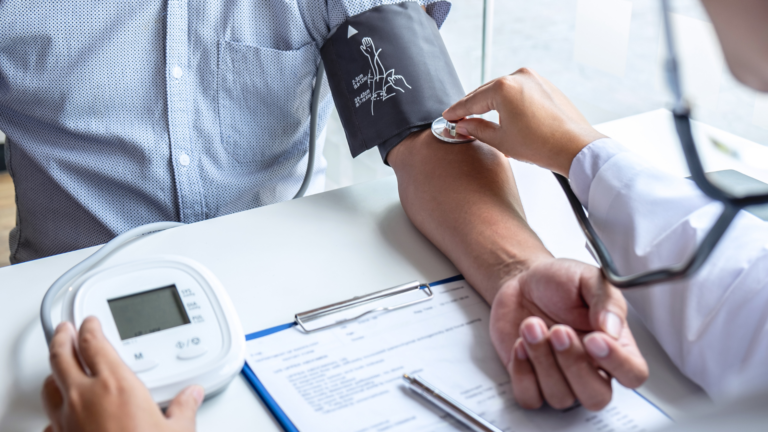Sleep & Immune Health
Sleep is crucial to maintaining a strong immune system. Research on the rhinovirus (common cold) has shown that those who do not get enough sleep (or not enough good quality sleep) are more susceptible to infection and immune system disturbance.
When we sleep, the body releases proteins called cytokines, some of which are responsible for fighting infection and inflammation. Sleep also improves the functioning of our T-cells, the white blood cells that fight virus-infected cells in the body. The stress hormones that can actually impair this very same function are also at low levels while we sleep. Adequate sleep is associated with a reduced infection risk and can improve infection outcome.
Poor Sleep Risks
Ongoing sleep deprivation may also make COVID-19 risk factors worse. This includes being overweight/obesity, having diabetes, and cardiovascular disease.
Having obstructive sleep apnea (a sleep disorder that causes someone to stop breathing periodically while asleep) may also increase someone’s risk of severe illness. This because it independently increases the risk of pneumonia, pulmonary hypertension, and cardiac stress.
Poor sleep not only negatively impacts the functioning of the immune system, but can also hinder the body’s response to vaccination. Studies have shown that sleep deprivation prior to and at the time of vaccination reduces its efficacy. It seems that proper sleep a few days prior to a vaccination is critical.
Tips for Better Sleep
- Make sure your bed and pillows are comfortable and the room is cool: between 15.6 to 19.4 degrees Celsius is best.
- Don’t work or watch TV in your bedroom, so your brain knows that your bedroom is just for sleeping.
- Avoid coffee, tea, and other stimulants (alcohol) later in the day. Avoid eating late as well.
- Eliminate the blue light of electronic devices and dim lights around the house at least 30 minutes before going to bed
- Use earplugs or a white noise machine if you need to
- Get good exposure to natural light during the day to help regulate your circadian rhythm.
- Establish a bedtime routine: taking a warm shower or bath, listening to relaxing music, reading a book, meditating or stretching in bed.
- Use a diffuser with a calming scent such as lavender
- Be cautious with taking naps during the day (aim for 20 minutes in length just after lunch, if needed)
Main Point
To support a healthy and well-functioning immune system, aim for between 7 to 9 hours of uninterrupted sleep most nights. Consider factors that may be contributing to sleep disturbances (E.g., shift work, stress, a mental health disorder, sleep disorder, alcohol use), and evaluate what you can do to support your sleep quality. If helpful, speak to a health care provider to explore other supports and/or additional treatment options.
Sources:
https://journals.physiology.org/doi/full/10.1152/physrev.00010.2018
https://link.springer.com/article/10.1007/s12529-020-09879-4
https://www.sleepfoundation.org/sleep-guidelines-covid-19-isolation
https://www.sleepfoundation.org/sleep-hygiene/healthy-sleep-tips




